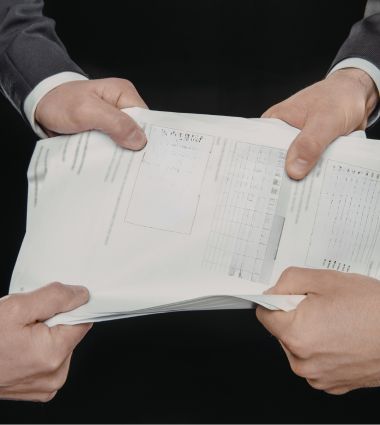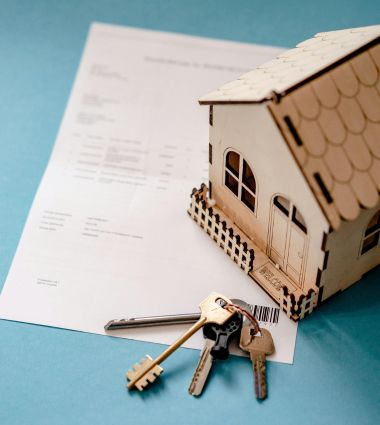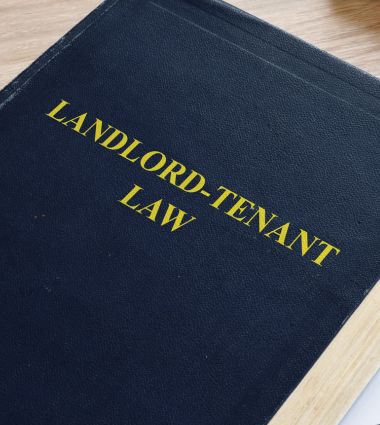Delayed Closing Compensation Explained For Canadian Homebuyers
Buying a home is supposed to be exciting. A fresh start. A new chapter. But when the closing date slips (sometimes without much warning), that excitement can quickly turn into stress, confusion, and even financial strain.
Delayed closing compensation isn’t something most homebuyers think about until it’s too late. Yet, in Canada, many buyers are entitled to compensation when a builder or seller fails to deliver the property on the agreed-upon date. And the kicker? Most don’t even realize it. Learn how our Real Estate Law team can help.
What Is a Delayed Closing?
A delayed closing happens when the transfer of a property (either a new build or resale home) doesn’t take place on the date agreed upon in the Agreement of Purchase and Sale. It can throw moving dates, mortgage approvals, school enrollment, and even job relocations into disarray. In Canada, delays are often caused by construction setbacks, unfinished inspections, or paperwork not ready on time. In resale deals, it could be a missing signature or a dispute over legal title.
Sometimes the delay is just a few days. Other times, it stretches into weeks or months. Either way, it’s more than an inconvenience—buyers who’ve sold their previous home or made firm moving arrangements can face expensive, exhausting consequences.
It’s important to distinguish between buyer-caused delays and seller-caused delays. You won’t be compensated if the delay is due to financing falling through or not fulfilling a condition. But if the builder, seller, or developer is at fault—especially in a pre-construction scenario—you may be eligible for compensation. Our Toronto Real Estate Lawyers can guide you.
When Are You Entitled to Delayed Closing Compensation?
Not every delay leads to compensation. It comes down to who caused the delay and what the agreement says. In Ontario, Tarion’s rules for new builds give buyers specific protections. For resale homes, it depends on your contract and the circumstances. See our guide on the legal implications of real estate contracts.
For Pre-Construction/New Builds:
- Mandatory Notice Periods: Builders must provide sufficient notice before extending a closing date. Without proper notice, you may be eligible for compensation.
- Delayed Closing Compensation Cap: Tarion offers up to $7,500 in compensation for delays, covering storage, moving, or temporary housing.
- Outside Closing Date: If the final date is missed without proper notice or extension agreement, you can terminate the agreement or pursue compensation.
For Resale Homes:
- The terms of your Agreement of Purchase and Sale
- The reason for the delay
- Whether the delay was avoidable or negligent
For example, if the seller fails to deliver a clear title and it causes you financial loss, our lawyers can negotiate compensation or sue for damages. Contact us to discuss your options.
Buyer-Caused vs. Seller-Caused Delays
You’re not entitled to compensation if the delay is your fault (e.g., mortgage approval delays or missing deposit). The law protects buyers only when the delay is caused by the builder or seller.
Documentation Matters
- Written notice of delays
- Emails or letters from the builder/seller
- Receipts for extra costs (hotels, storage, moving, etc.)
How Much Compensation Can You Get?
The amount depends on the property type, the cause of delay, and the situation. For new construction homes under Tarion, you could get up to $7,500—$150 per day after the firm closing date.
For Resale Homes
There’s no standardized cap for resale delays. Compensation is negotiated based on actual financial loss, the seller’s breach, and efforts to mitigate damage.
- Short-term rental or hotel stays
- Re-booked movers at a premium
- Missed work days
- Storage or late financing penalties
Our Milton Real Estate Lawyers can help quantify losses and negotiate reimbursement or launch a claim.
What Should You Do if Your Closing Is Delayed?
- Get the delay in writing: Ask for an email or formal notice of the new closing date.
- Talk to your lawyer immediately: A Toronto real estate lawyer will review your contract and rights.
- Track all extra costs: Keep receipts for accommodation, movers, meals, etc.
- Don’t sign new agreements without advice: Don’t waive compensation or alter terms without legal review.
Why You Need a Real Estate Lawyer
A closing delay isn’t just logistical; it’s legal. Our lawyers flag costly mistakes, explain the fine print, and wield negotiation power when compensation is on the table. Reach out for strategic defense.
Quick Rights Checklist
- Ask for written notice of the new closing date.
- Save all expenses: hotel, storage, movers, etc.
- Contact your lawyer: don’t sign alone.
- Compare your contract’s closing date clauses, extensions, or penalties.
- Track when the firm or outside closing date was missed and notice given.
Real Estate
Family Law
Wills & Estates
Immigration
Join Our Mailing List.
Sign up with your email to receive our newsletter and stay informed about the latest legal developments and special offers.



















































































